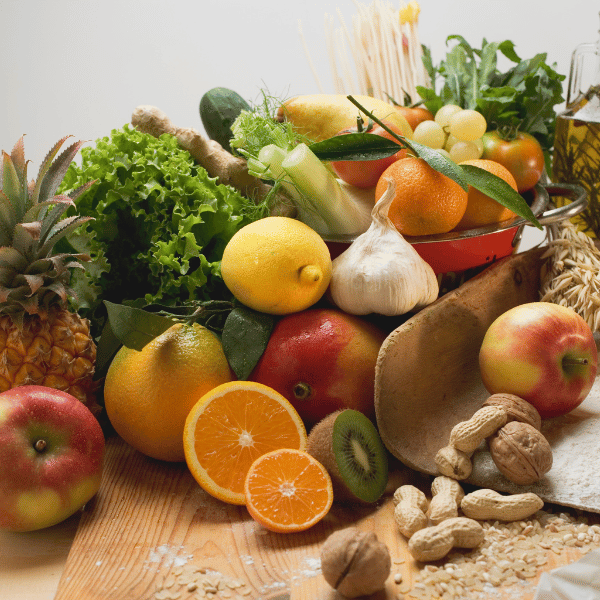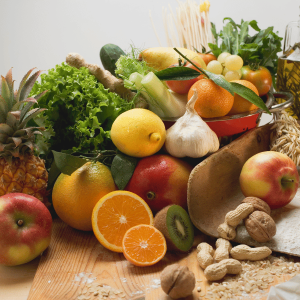
Are you Hydrating Properly? Here’s What You Need to Know!
Are you Hydrating Properly? Here’s What You Need to Know!

Hydration is an essential component of good health, as water makes up a significant portion of our body’s composition. Our bodies need water to function optimally, and dehydration can lead to numerous health problems, including fatigue, headaches, and kidney stones. Here are some tips to help you hydrate properly:
Drink Plenty of Water
Drinking plenty of water is the most obvious way to stay hydrated. Experts recommend that adults drink at least eight 8-ounce glasses of water per day. However, this amount may vary based on individual needs, physical activity level, and other factors. Some people may need to drink more than eight glasses of water a day, while others may require less. The key is to drink enough water to satisfy your body’s needs.
Pay Attention to Urine Color
One way to monitor your hydration levels is to pay attention to the color of your urine. Urine color can indicate whether you are properly hydrated or not. If your urine is pale yellow or clear, it usually means you are well-hydrated. On the other hand, if your urine is dark yellow or amber, it may be an indication that you are dehydrated and need to drink more water.
Consume Water-Rich Foods
Water-rich foods such as fruits and vegetables are another excellent way to stay hydrated. These foods contain a high percentage of water, which can help you stay hydrated while providing essential vitamins and minerals. Examples of water-rich foods include watermelon, cucumbers, oranges, and spinach.
Avoid Caffeine and Alcohol
Caffeine and alcohol are diuretics that can increase the amount of water your body loses. If you consume these substances, drinking additional water is important to compensate for the extra water loss. You may also want to limit your consumption of caffeinated and alcoholic beverages and opt for water or water-rich beverages instead.
Monitor Your Sweat Losses
If you engage in physical activity or exercise, monitoring your sweat loss is important to ensure you stay adequately hydrated. One way to monitor your sweat loss is to weigh yourself before and after exercise. You should drink 16-20 ounces of water for every pound lost.
Make It a Habit
Finally, the key to hydrating properly is to make it a habit. Drink water throughout the day and make sure to consume water-rich foods. You may also want to carry a water bottle with you to remind yourself to drink more water throughout the day.
Proper hydration is essential for good health. By following these tips, you can ensure that you are hydrating



Recent Comments